The harshest moments were usually around 5 a.m. Mondays at an airport gate. Reporters, photographers and TV guys who made the cross-country flight to cover a Seahawks road game Sunday would shuffle up to one another, grunt, grumble and slump into a lounge seat that hadn't been cleaned of kid goo from the night before.
In the haze of fatigue and airport hash browns, the realization often settled in that most of three work days had been given over to coverage of a single football game. Granted, the job beat, say, sorting the Seahawks' post-game laundry hampers.
Into this heavy-lidded scrum bops Clare Farnsworth – laughing, joking, often wearing some garish, tie-dyed shirt that would have offended Jerry Garcia. Farnsworth would lament the previous day's defeat, or feign shock at the win, and offer some obscure connection from yesterday's game to a long-ago contest that nobody in the group could recall.
"It was just like the time Jacob Green batted that pass – "
"Clare," someone would interrupt. But the sentence never finished with the seemingly inevitable completion, " . . . Shut up!"
Nobody ever told Farnsworth to shut up.
Because he is known to everyone who makes his acquaintance as the world's nicest man.
It is with heavy hearts that we say goodbye to Clare Farnsworth, as he enters retirement.






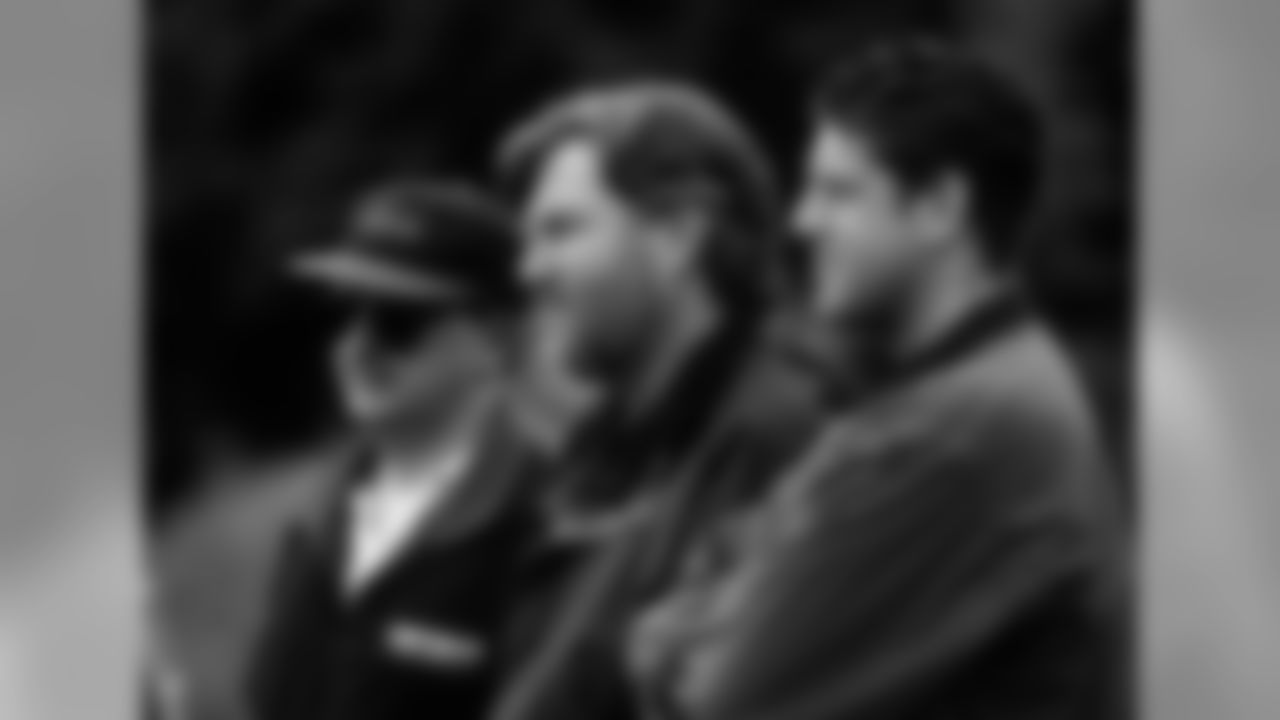
NFC cornerback LeRoy Irvin (47) of the Los Angeles Rams runs with the football after intercepting a pass during the NFC's 28-24 victory over the AFC in the 1986 NFL Pro Bowl played on February 2, 1986 at Aloha Stadium in Honolulu, Hawaii. (AP Photo/NFL Photos)
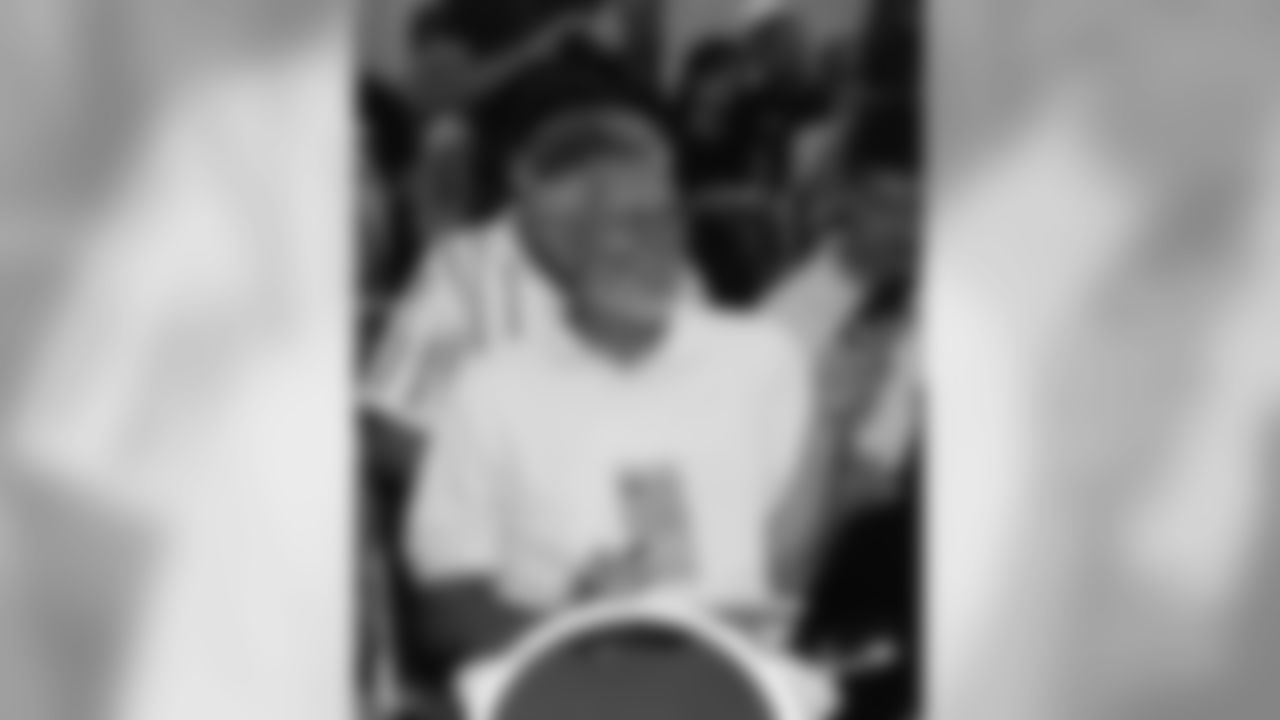


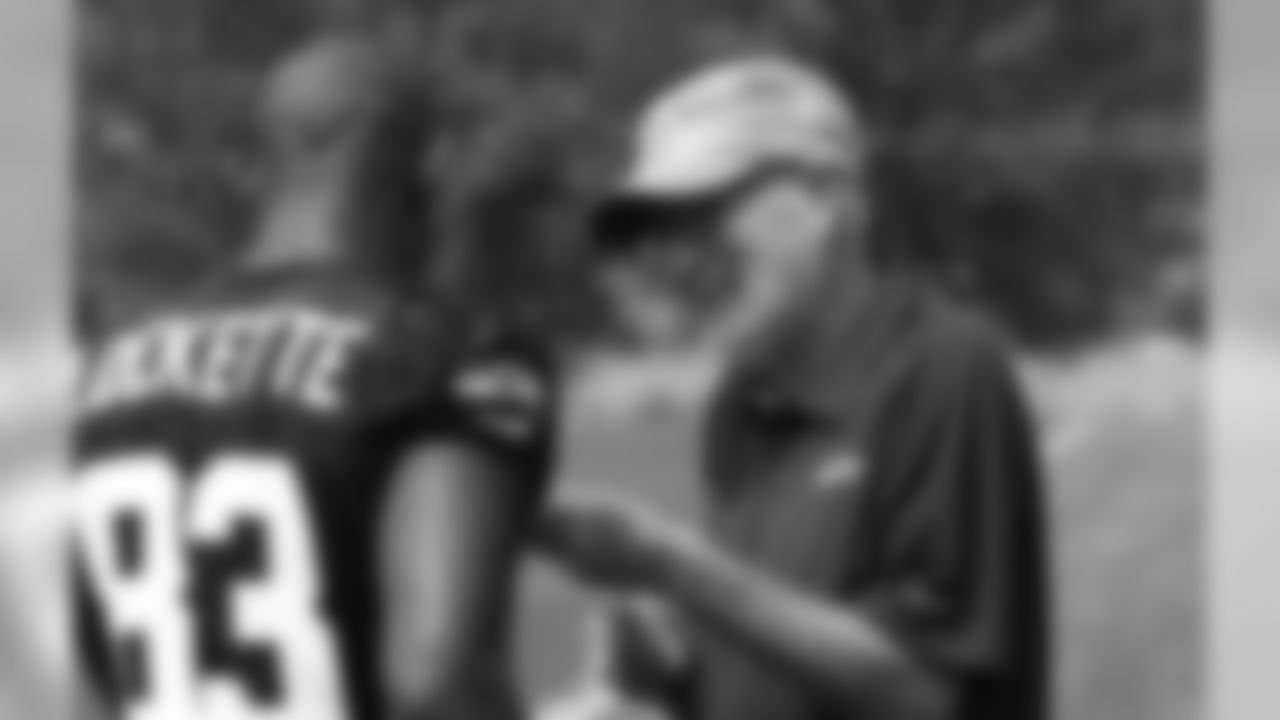



It was understood that anyone who told Farnsworth to shut up would be whooshed on a zipline straight to hell, where he or she would spend eternity transcribing Bill Belichick press conference audio.
Farnsworth's enthusiasm for life in general, the NFL media life more specifically, and the Seahawks in particular, is unabashed, unrepentant and borderline unbelievable.
Thirty-six years and exactly 700 games. That he even knows that number, much less executed it, tells a fair part of the story. Farnsworth is relentless and unwavering, whether it was counting every player at practice in order to quiz a beleaguered coach about the missing, or getting to the road stadium hours early just because, or reciting the playlist of a rock concert he'd attended a dozen years earlier.
In his days as a Seahawks beat reporter for the Journal-American and the Seattle Post-Intelligencer (anthropologists call them newspapers, primitive forms of tribal communication in the 19th and 20th centuries), Farnsworth could not be distracted, deterred or discouraged. Even by the 2-14 season in 1992, although it was close.
"Of all the sportswriters I worked with or against at five newspapers covering more than three decades," said former P-I colleague Dan Raley, now working for Boeing, "Clare had to be the most devoted to his team, the Seahawks, and to his sport, the NFL."
So it came as exactly no surprise that when the P-I committed industrial suicide in 2009, Farnsworth was hired by the Seahawks to be a reporter for its website. Gary Wright and other club executives understood Farnsworth knew more about their enterprise than they did. He was the repository of, well, everything.
"Clare developed an intimate and encyclopedic knowledge of the Seahawks unmatched by other reporters," said Steve Rudman, another former P-I colleague, now at sportspressnw.com. "He had an expertise that made his daily stories must-reads for anyone interested in what Clare always used to describe as 'my little team.'"
Which is another reason why no one told Farnsworth to shut up. He knows stuff. He sees stuff. He understands stuff. And he shares stuff. He didn't tell everything he knew, because he would have fallen from the professional tightrope he walked between team and reporter. But he went as far as professionally possible to explain the team to readers, the writers to players, the players to writers, and to help anyone who asked for it.
Bob Condotta covers the Seahawks for the Seattle Times but first covered a Seahawks game in 1995 for the Journal-American.
"Clare took me under his wing that year," he said. "He laid out the schedule, then pointed out which players might be most helpful to talk to, and generally just made sure I didn't act like an idiot out there.
"I want to say it was a case of Journal-American kinship, but I eventually realized that was just Clare. He would have helped out anybody from anywhere similarly."
A look back at Clare Farnsworth's favorite moments in his Seahawks career.
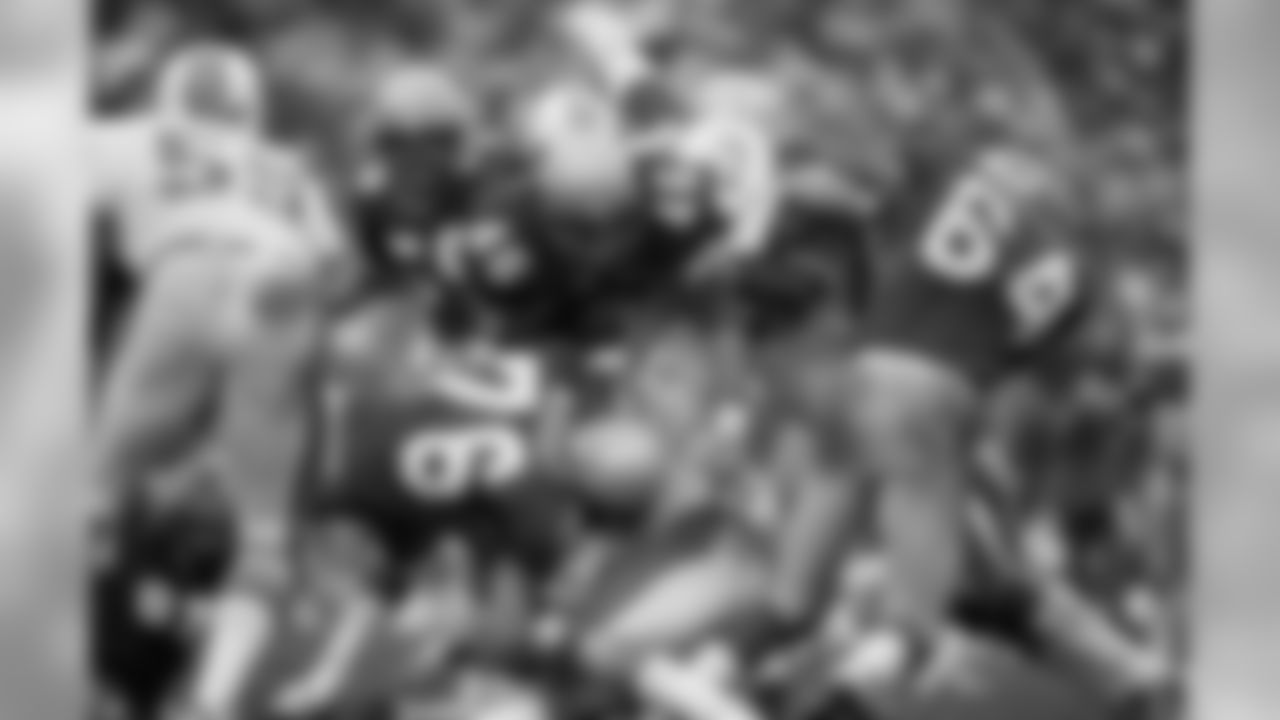
Seattle Seahawks fullback David Hughes (40) goes over the top of a group of Dolphins as he gains a few yards in the third quarter of the AFC semi-final playoffs in Miami, Dec. 31, 1983. (AP Photo/Kathy Willens)
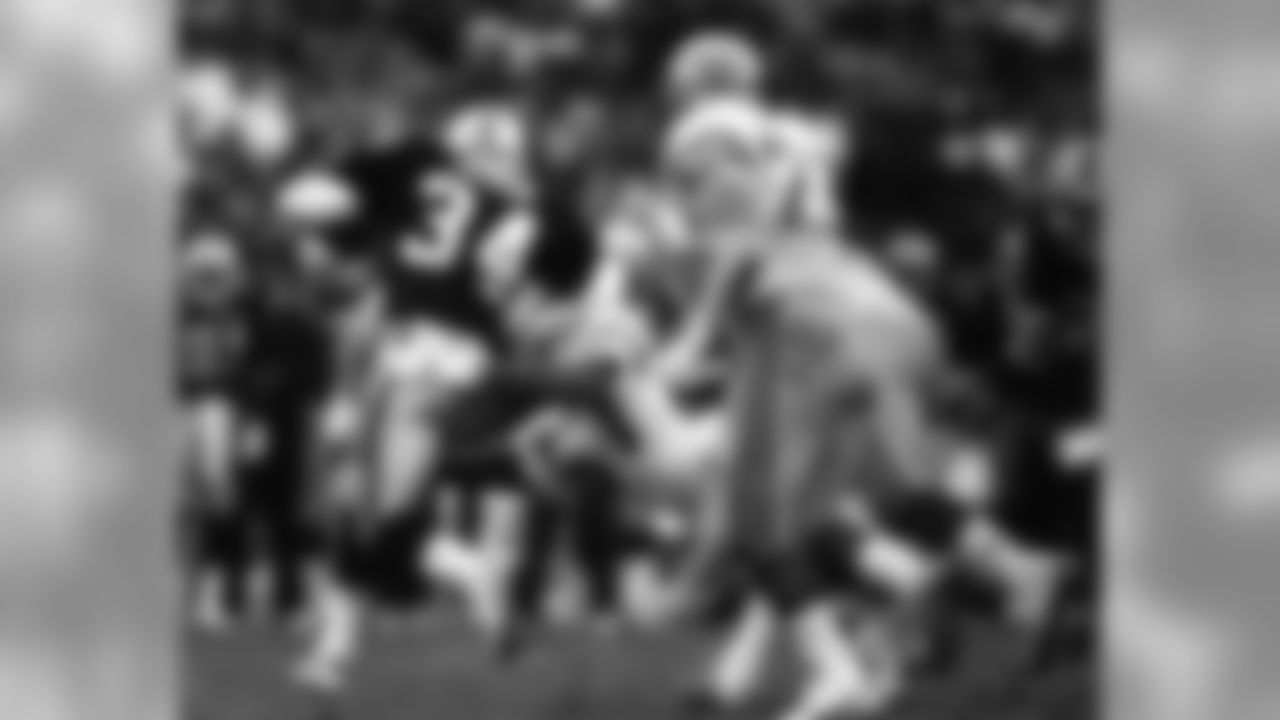
Enjoying the beach

Enjoying the beach
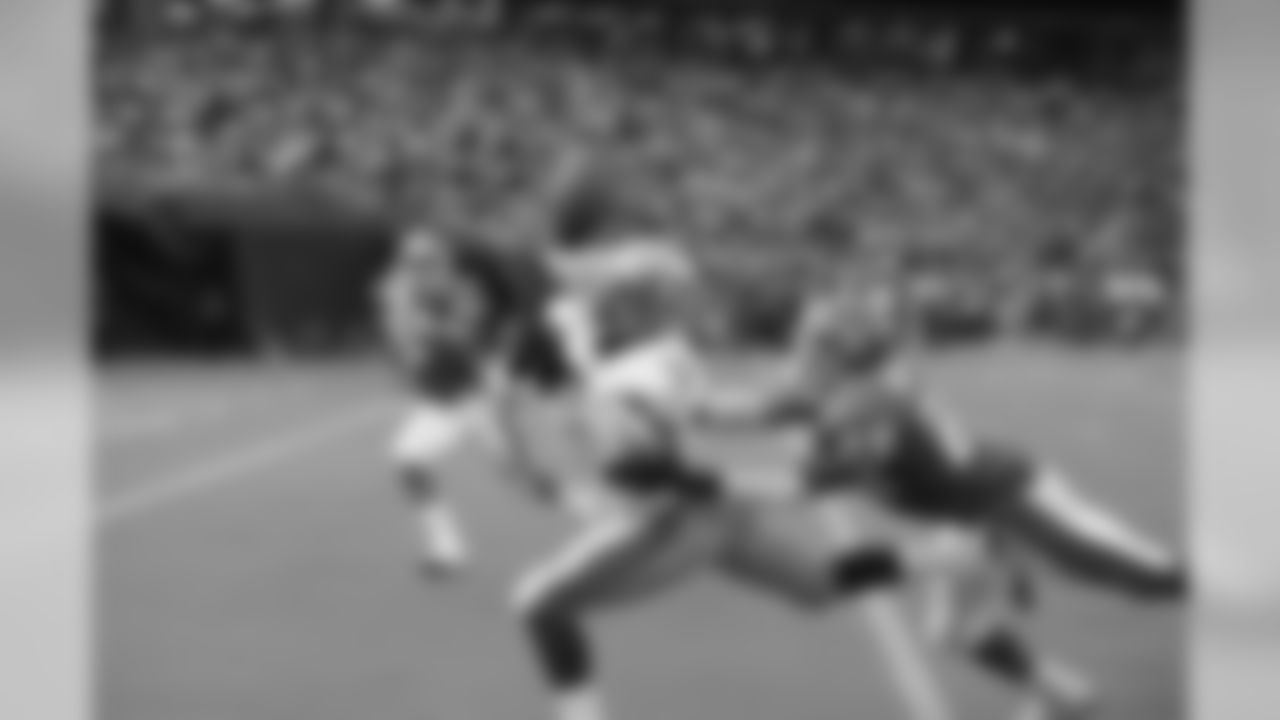
Waikiki Beach

Waikiki Beach

The ill-fated attempt to move the franchise to Southern California in 1996 by then-owner Ken Behring, and Paul Allen riding in on his white horse to save the Seahawks a few months later.

The "last" game at the Kingdome, which happened twice in 1999.
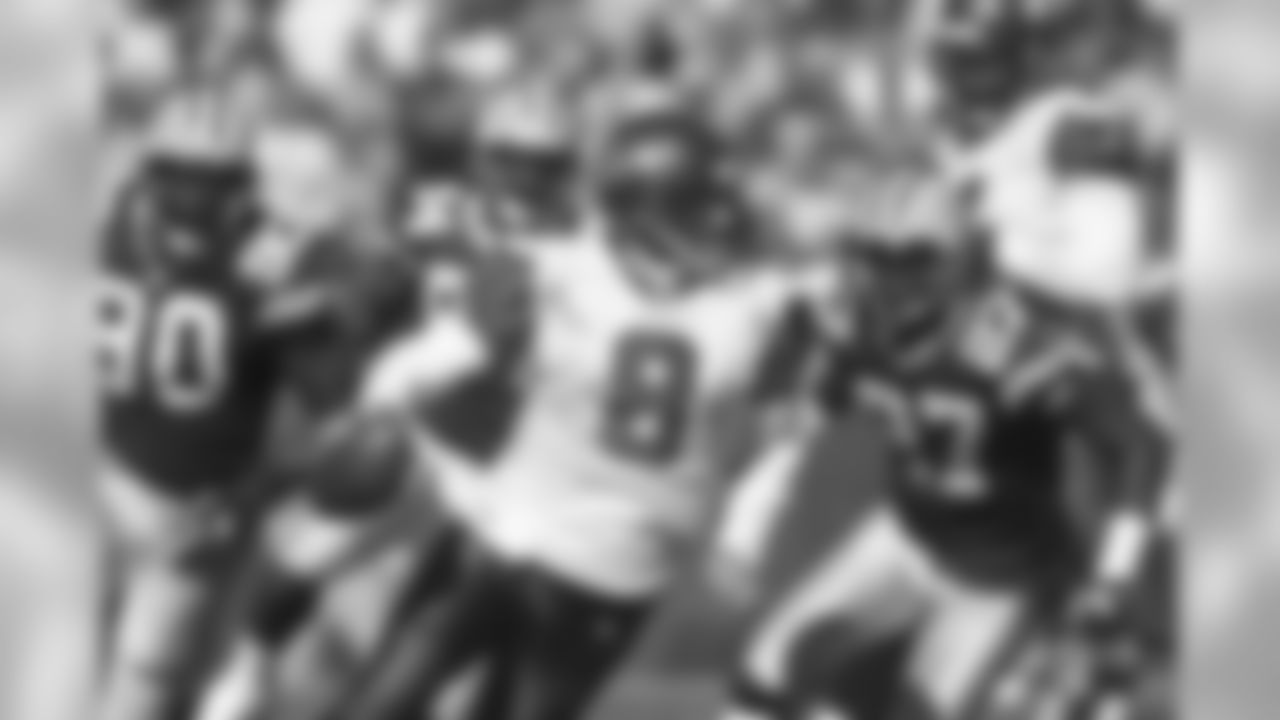
Hasselbeck uttering "We want the ball and we're going to score" after winning the coin toss before the overtime period in the 2003 wild-card game against the Packers in Green Bay.
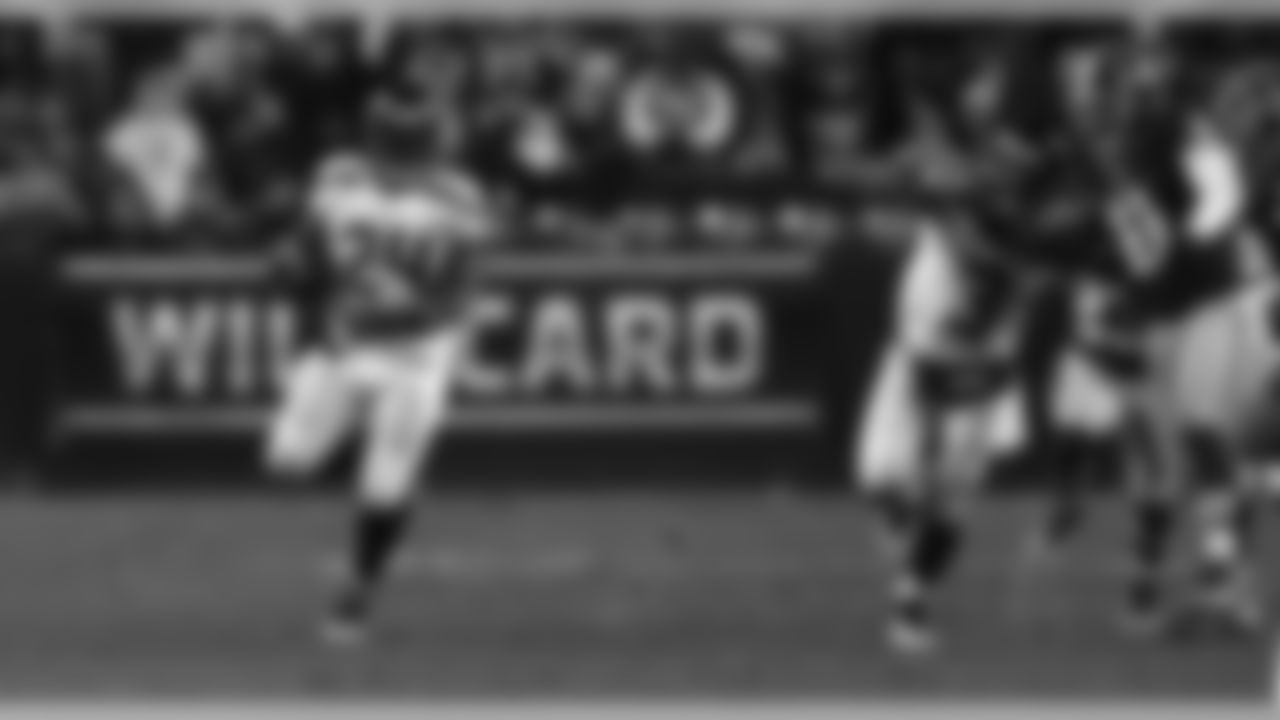
The wild-card playoff win over the Washington Redskins in 2013.

The first conference championship in 2005, which took the Seahawks to their first Super Bowl.

An offseason trip to Denver to do a story on Chad Brown's snake-breeding business.
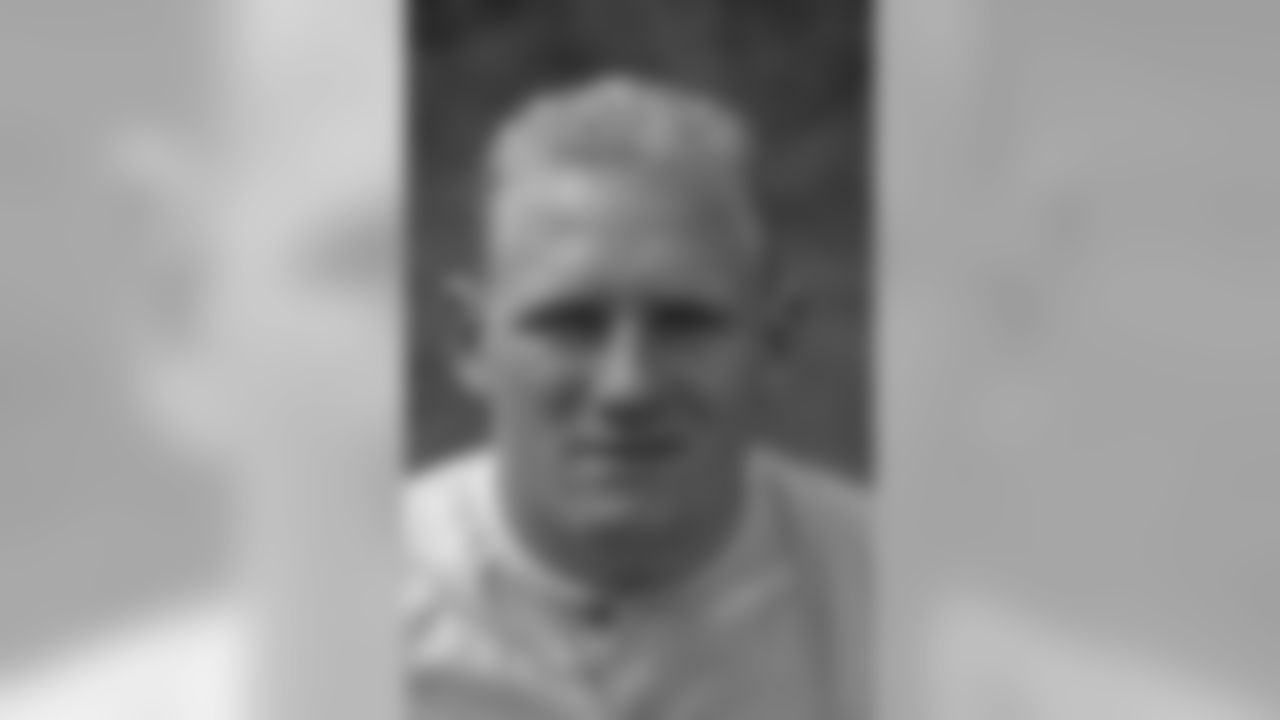
A preseason trip to Indianapolis to profile Colts' first-round draft choice and former University of Washington defensive lineman Steve Emtman.
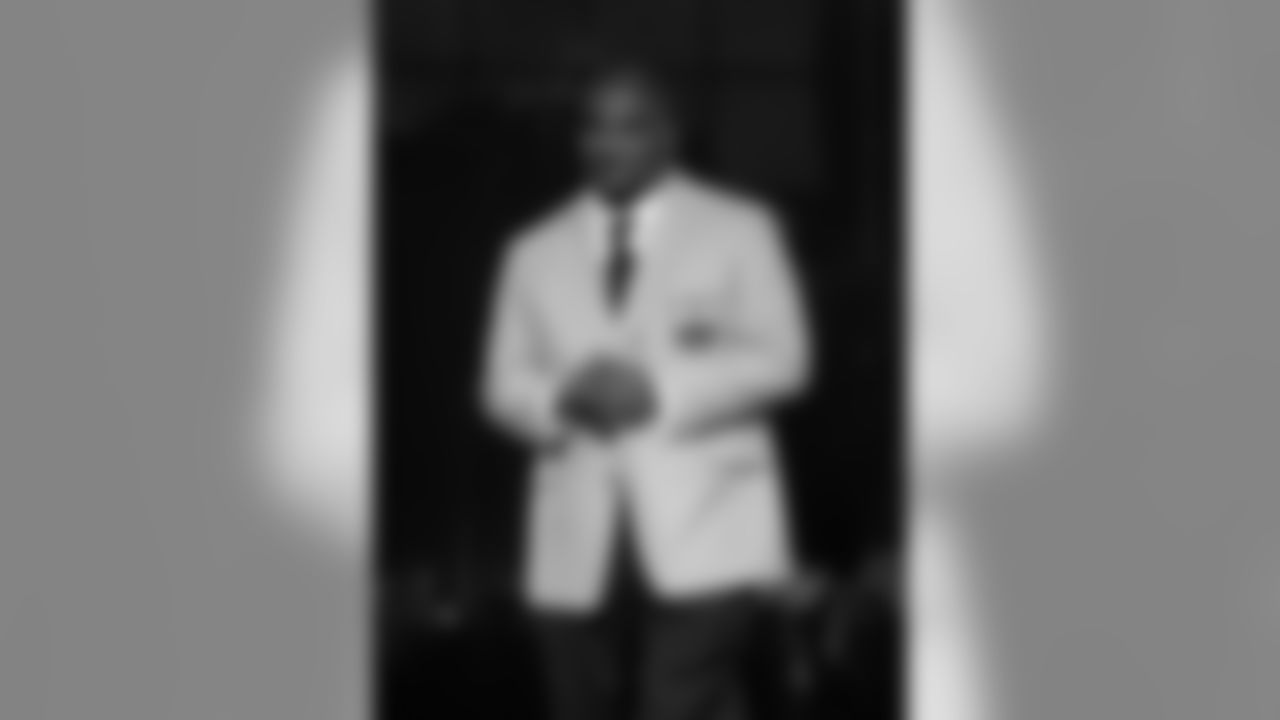
Pro Football Hall of Fame induction of Walter Jones.
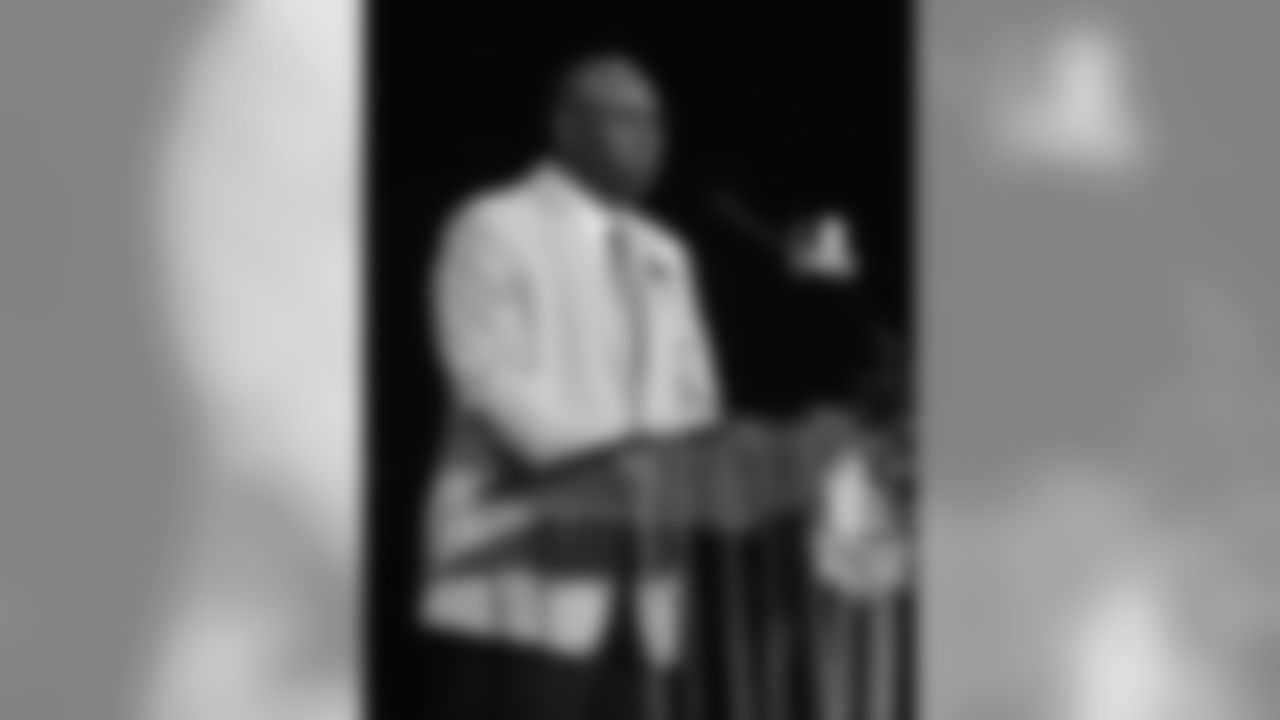
Visited Kapi'olani Women's and Children's hopsital

Visited Kapi'olani Women's and Children's hopsital
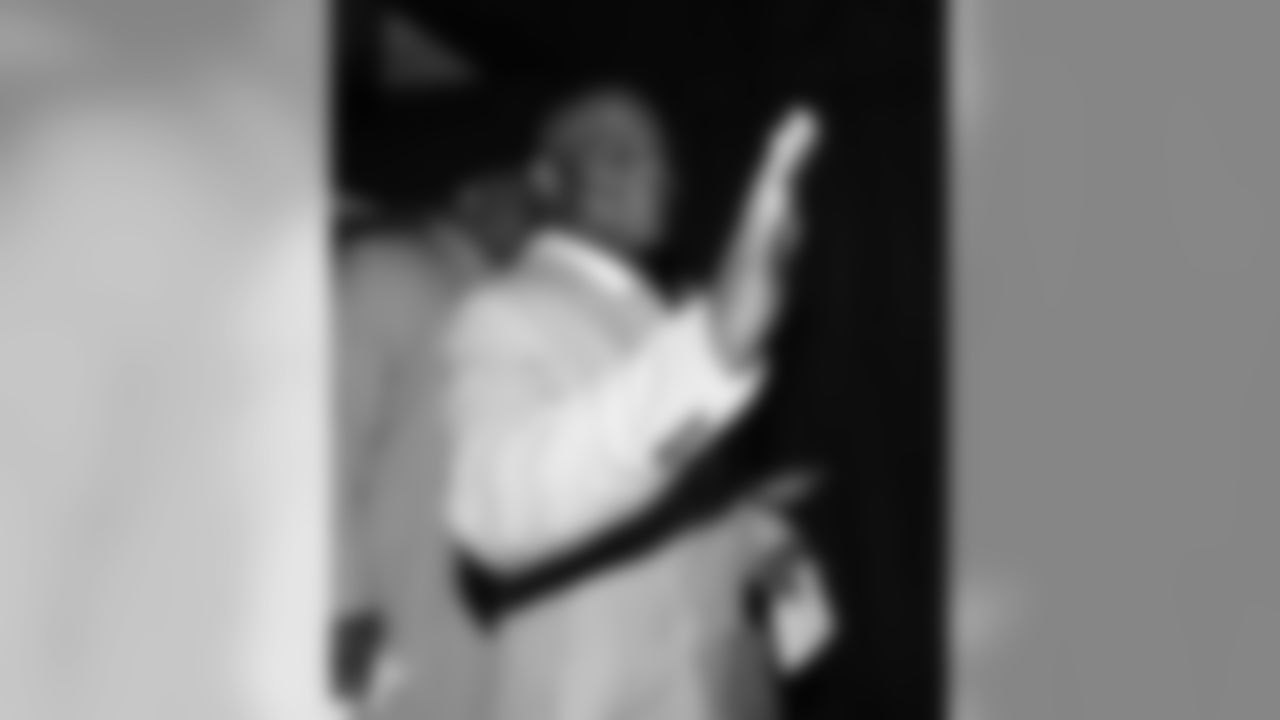
Met so many wonderful kids at Kapi'olani Hospital

Met so many wonderful kids at Kapi'olani Hospital

Getting fitted for Pro Bowl rings with Donna from the Jets.

Getting fitted for Pro Bowl rings with Donna from the Jets.
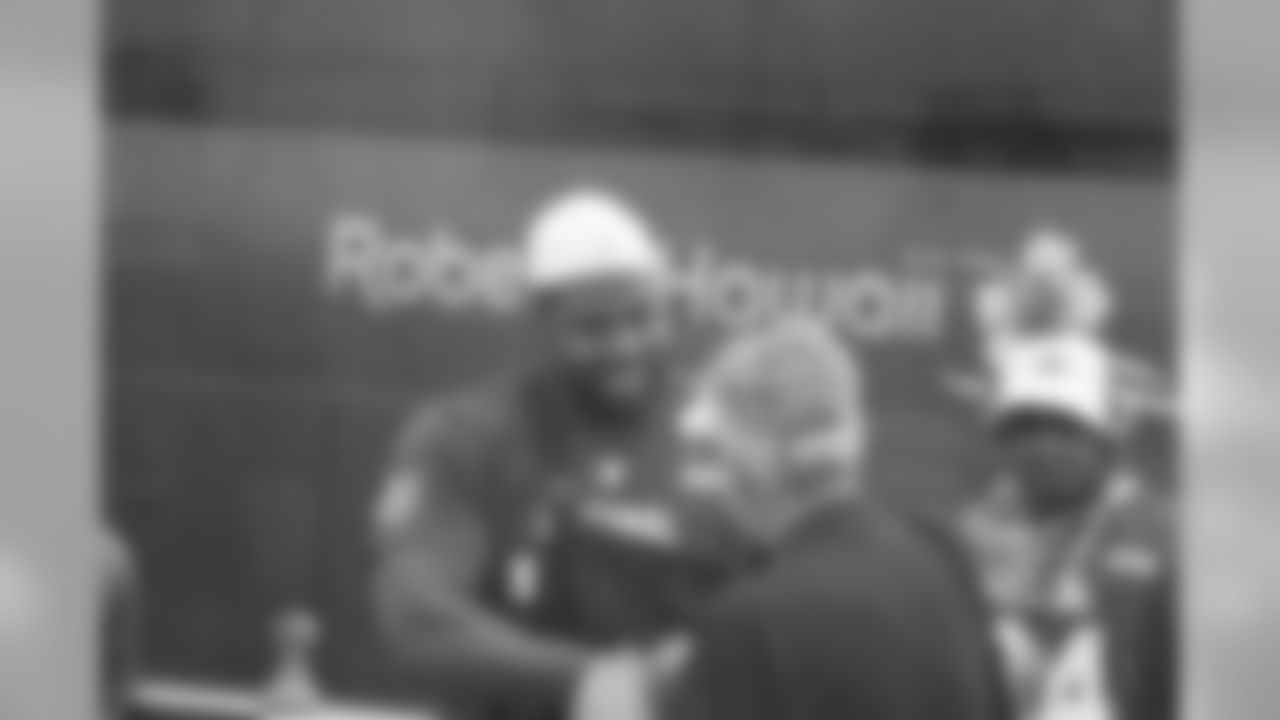
Enjoying some beach time between rehearsal and appearances.

Enjoying some beach time between rehearsal and appearances.
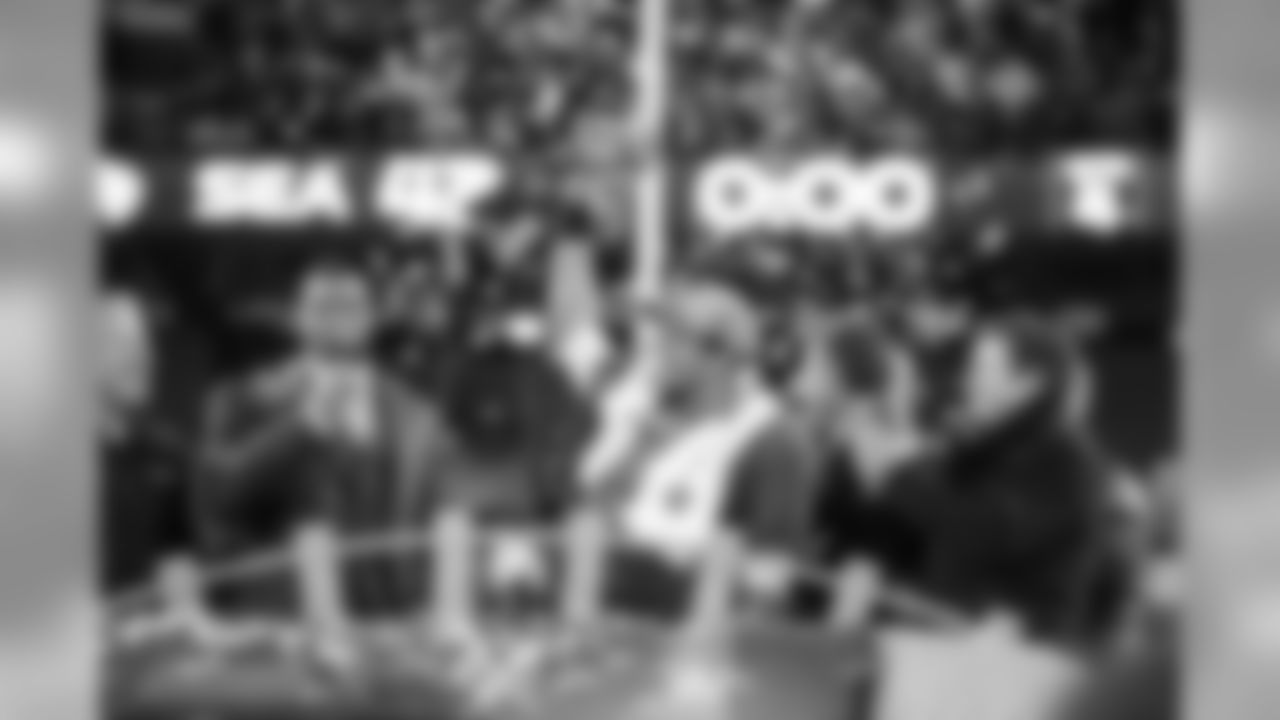
Can't get enough of Waikiki beach with Holly from the Cowboys.

Can't get enough of Waikiki beach with Holly from the Cowboys.
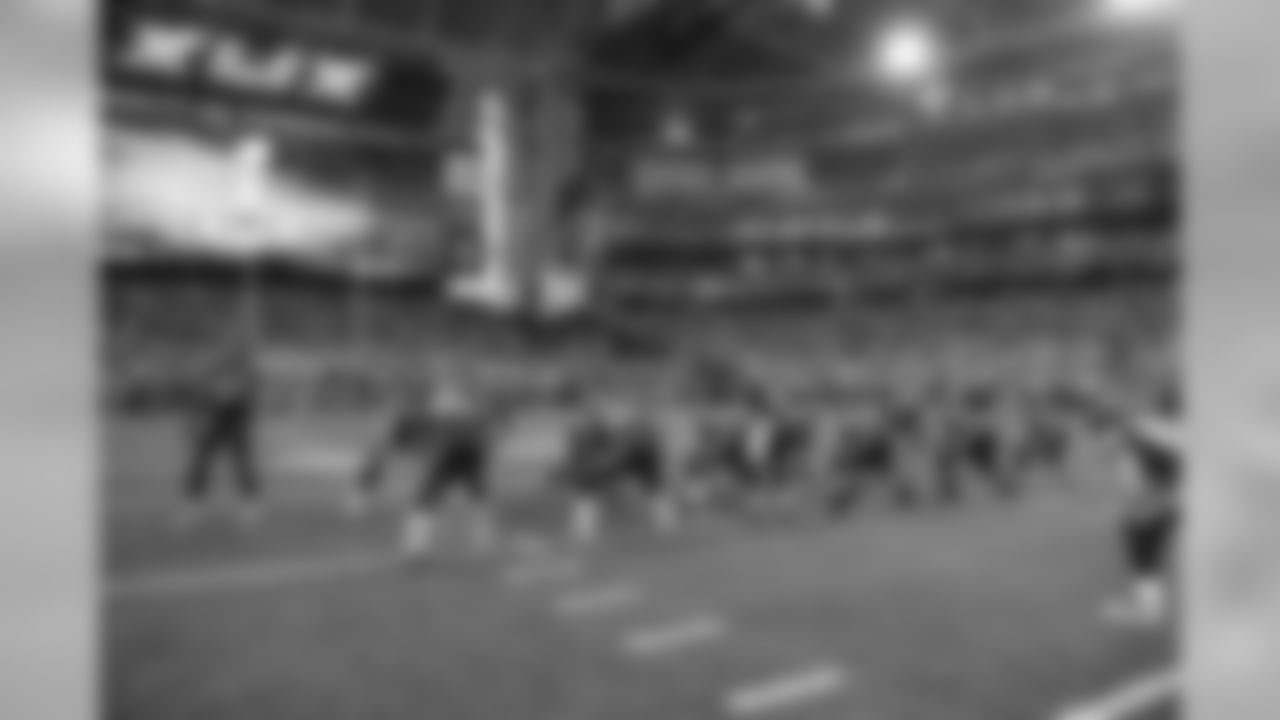
A nice surprise from Director Sherri and Choreographer Courtney

A nice surprise from Director Sherri and Choreographer Courtney
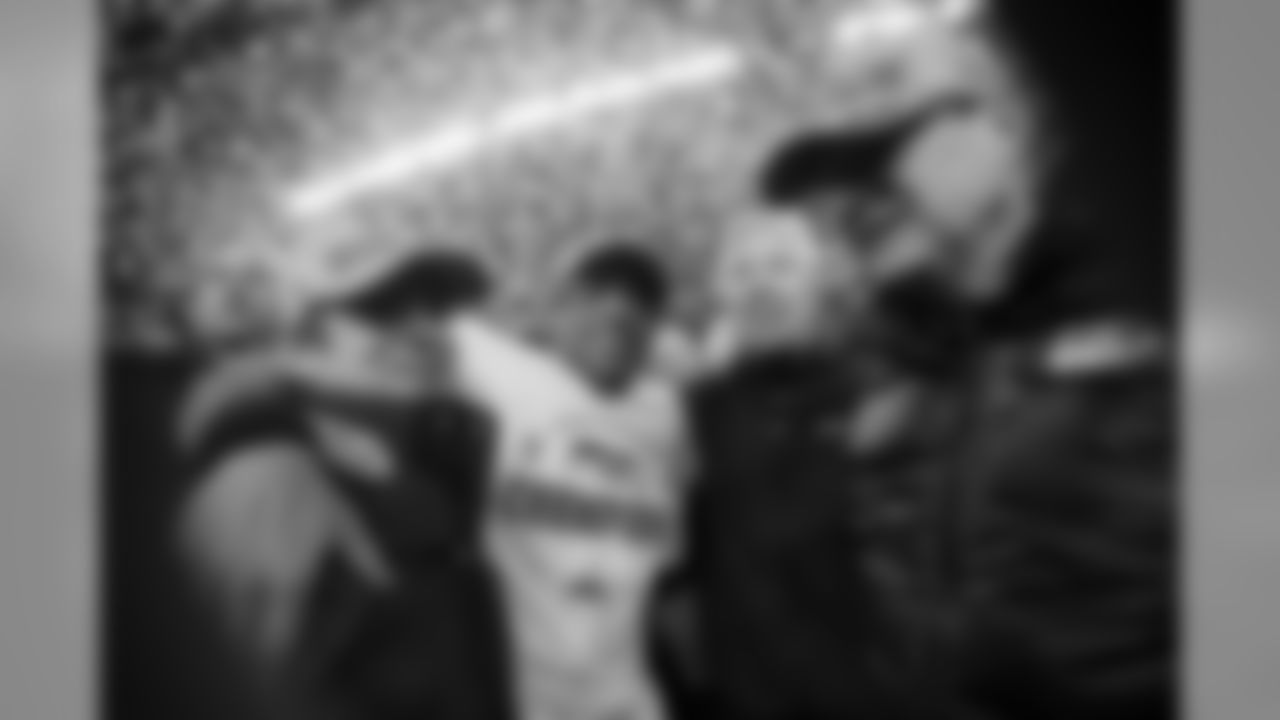
Shopping for some Pro Bowl merchandise.

Shopping for some Pro Bowl merchandise.

More time on the beach with Christina from the Broncos.

More time on the beach with Christina from the Broncos.
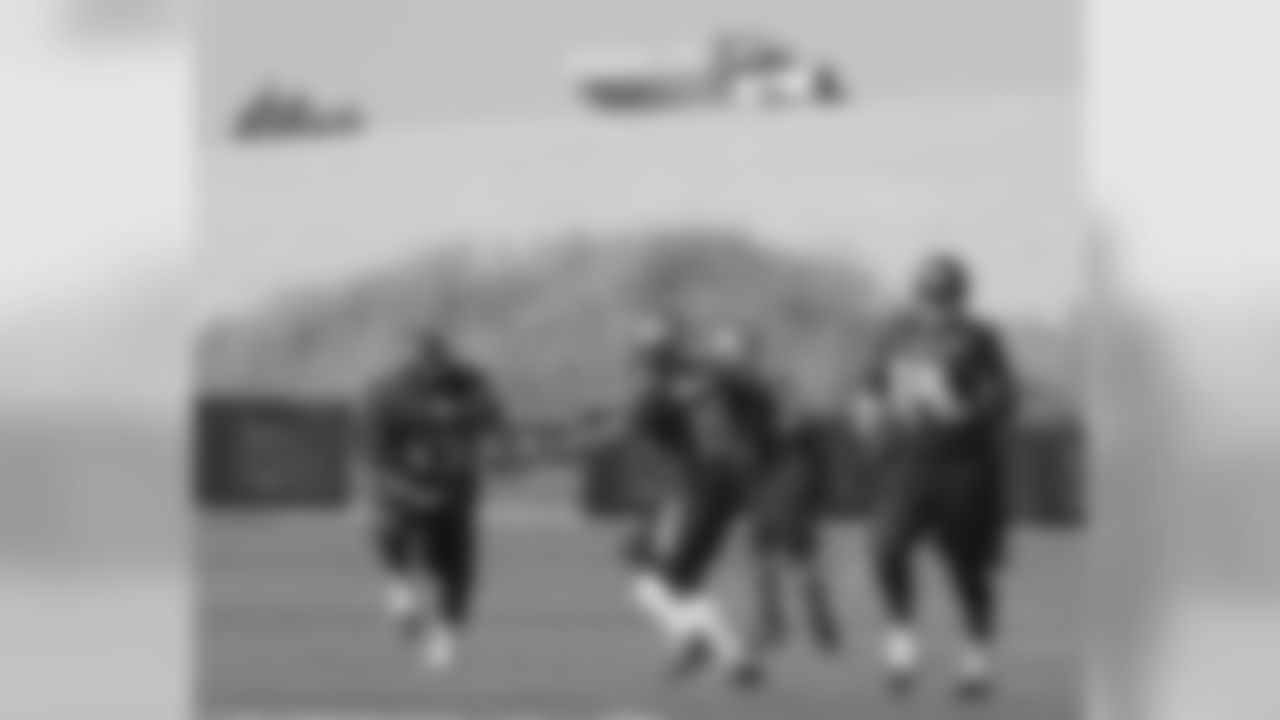
A look at the Pro Bowl cheerleader photo card.

A look at the Pro Bowl cheerleader photo card.

Hanging out with the squad on a catamaran.

Hanging out with the squad on a catamaran.
Whether it was a beat reporter from another city, a fellow flyer who wanted to know what Seattle was like, or, one imagines, a cat who needed dogs explained, Clare is there. He holds the back of his left hand up to his mouth to convey a conspiratorial whisper, tells the listener a cool thing he knows about the Seahawks, and listener walks away, smiling and enlightened.
In the news business, that sort of personality is rare.
"Daily journalism can breed cynicism among its practitioners," Rudman said. "But Clare has always ranked high among the most relentlessly positive people I've ever met. So on top of being an outstanding reporter, that made him intensely likable, further enhancing his value."
The Seahawks won their first two playoff games in 1983, another in 1984, then did not win another postseason game until 2005. The two decades between was an ocean of mediocrity, full of 7-7, 8-8, 9-7. Through several iterations of portable computers, Farnsworth kept pasted to each machine three gold stars representing the playoff wins.
Now, of course, continuing the tradition would barely leave room on the laptop for the keyboard. Instead, Farnsworth has a ring.
"I'm happy he reaches retirement having witnessed in his final two years the two greatest clubs in franchise history," Rudman said. "Frankly, the Seahawks owed him that much."
On my laptop, I'm going to add a gold star, not for a playoff win but as a reminder that we media types around the Seahawks are now one player down at the position of doer of gentle deeds. We all have to step up.
Art Thiel is a co-founder and columnist at sportspressnw.com
*
*






